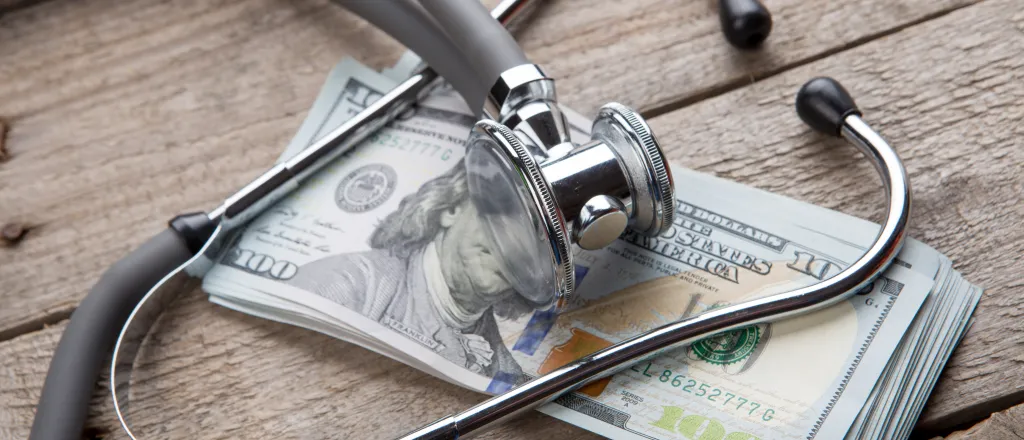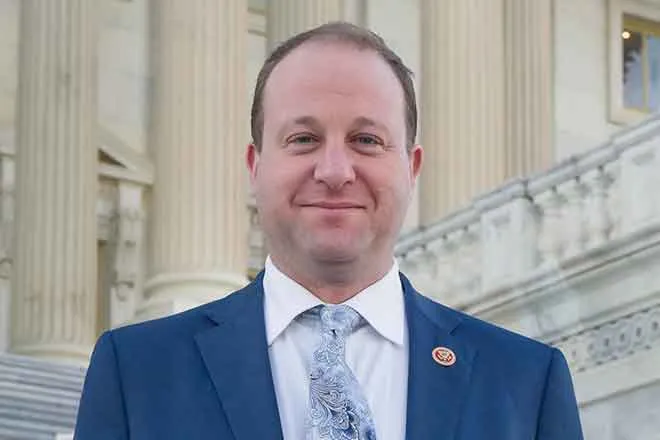
New York legislature bans some types of medical debt collection
(New York News Connection) The New York State Legislature passed two bills aimed at easing medical debt back in May, and a new report indicates they're much needed.
The first bill bans medical liens and wage garnishment; the second regulates the billing of so-called "facility fees," and requires that patients be informed about those fees up front.
In a report on hospital debt, the Community Service Society of New York found 112 nonprofit hospitals sued more than 53,000 patients across the state between 2015 and 2020.
Dr. Elisabeth Benjamin - vice president of health initiatives with the society - said she thinks facility fees help hospitals get money from people when they aren't supposed to be charged.
"We helped one woman who went in for her preventive mammogram and she was charged a $250 facility fee," said Benjamin. "Well, that's just a secret end run around the Affordable Care Act prohibition on charging copays for preventive services. You're not supposed to charge a patient a dime when they get a preventive service like a mammogram."
Hospitals had qualms about the facility fees bill. They said they shouldn't have to give notice about these fees every time a patient is seen, but could do it annually.
Currently, 13 states and Washington, D.C. have similar laws against predatory medical debt collection tactics.
While the New York bills regulate the collection of medical bills, they wouldn't prevent hospitals from suing patients. Rather, they limit how the funds can be collected.
Benjamin said all non-profit hospitals are supposed to offer certain patients financial aid on a sliding scale, but her group's research has found this isn't always the case. It supports the idea of developing a common application for hospital financial assistance.
She called the current system a disservice to patients.
"One of the things that makes it so problematic is every hospital is allowed to design and implement its own application," said Benjamin. "Higher education figured this out. This is a really big burden, and that's why they set up a common application."
She added that - in the Community Service Society's report - some hospitals weren't aware of what was being done in their name, while others knowingly continued these practices.
By establishing new rules across the board - that declare a person's home and wages as off-limits - Benjamin said she hopes patients will be more at ease the next time they need health care.















